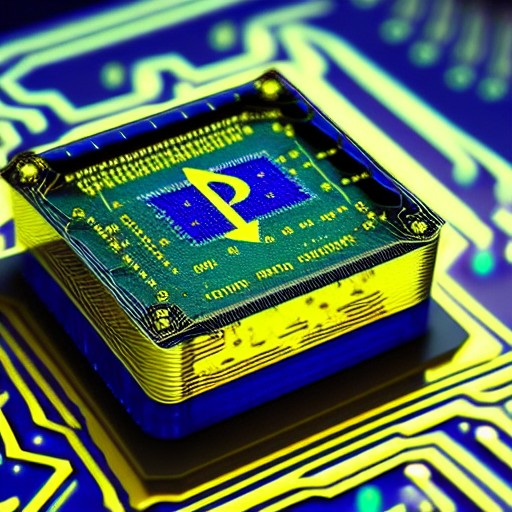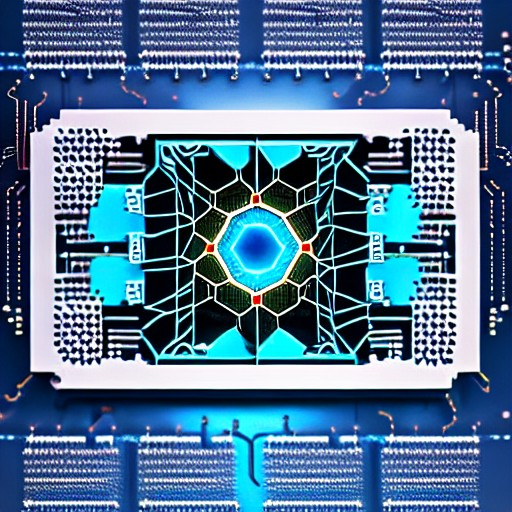An Overview of Quantum Computing
Quantum computing is an emerging field of computing that is based on the principles of quantum mechanics. Unlike classical computing, which relies on bits that can represent either 0 or 1, quantum computing uses quantum bits or qubits that can exist in multiple states simultaneously. This property of qubits makes quantum computing an incredibly powerful technology with the potential to solve problems that are beyond the capabilities of classical computers.

How Quantum Computing Works
Quantum computing is based on the principles of quantum mechanics, which describe the behavior of particles at the atomic and subatomic level. In quantum computing, information is stored and processed using qubits, which can exist in multiple states simultaneously. This allows quantum computers to perform calculations that would take millions of years for classical computers to solve.
Applications of Quantum Computing
Quantum computing has the potential to revolutionize many fields, including cryptography, drug discovery, and artificial intelligence. For example, quantum computers could be used to break complex encryption algorithms that are currently considered unbreakable, making them a powerful tool for cybersecurity. Additionally, quantum computers could be used to simulate complex chemical reactions, making drug discovery faster and more efficient.

Current State of Quantum Computing
Despite the tremendous potential of quantum computing, the technology is still in its early stages of development. Currently, there are only a handful of companies that are developing quantum computers, including IBM, Google, and Microsoft. These companies have made significant progress in developing quantum computers, but they are still far from being practical for most applications.

Challenges in Quantum Computing
There are several challenges that must be overcome before quantum computing can become a practical technology. One of the biggest challenges is the issue of decoherence, which refers to the loss of quantum information due to interactions with the environment. Additionally, quantum computers require complex algorithms to be developed to take advantage of their capabilities, which is a significant challenge for software developers.

The Future of Quantum Computing
Despite the challenges, the potential of quantum computing is too great to ignore. As technology advances, it is likely that quantum computing will become more practical, and its applications will become more widespread. In the future, we could see quantum computers being used for everything from drug discovery to climate modeling to space exploration. While it may still be some time before quantum computing becomes a mainstream technology, its potential is too great to ignore.
